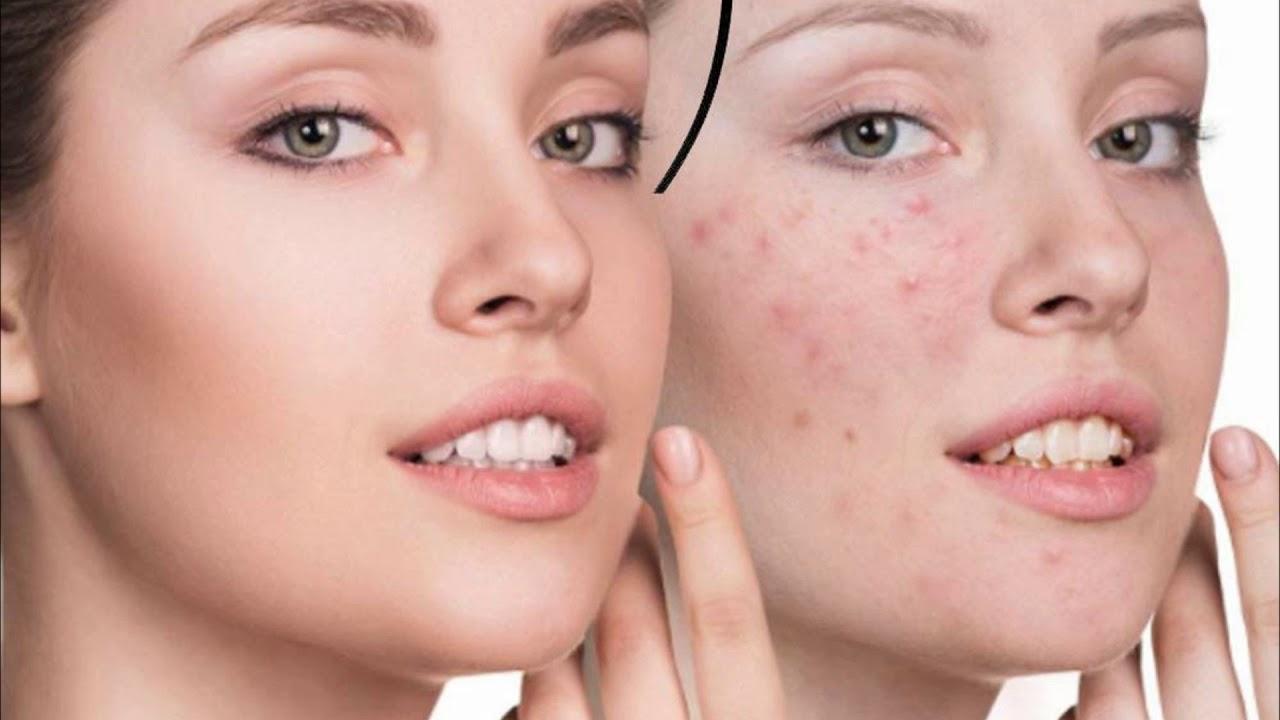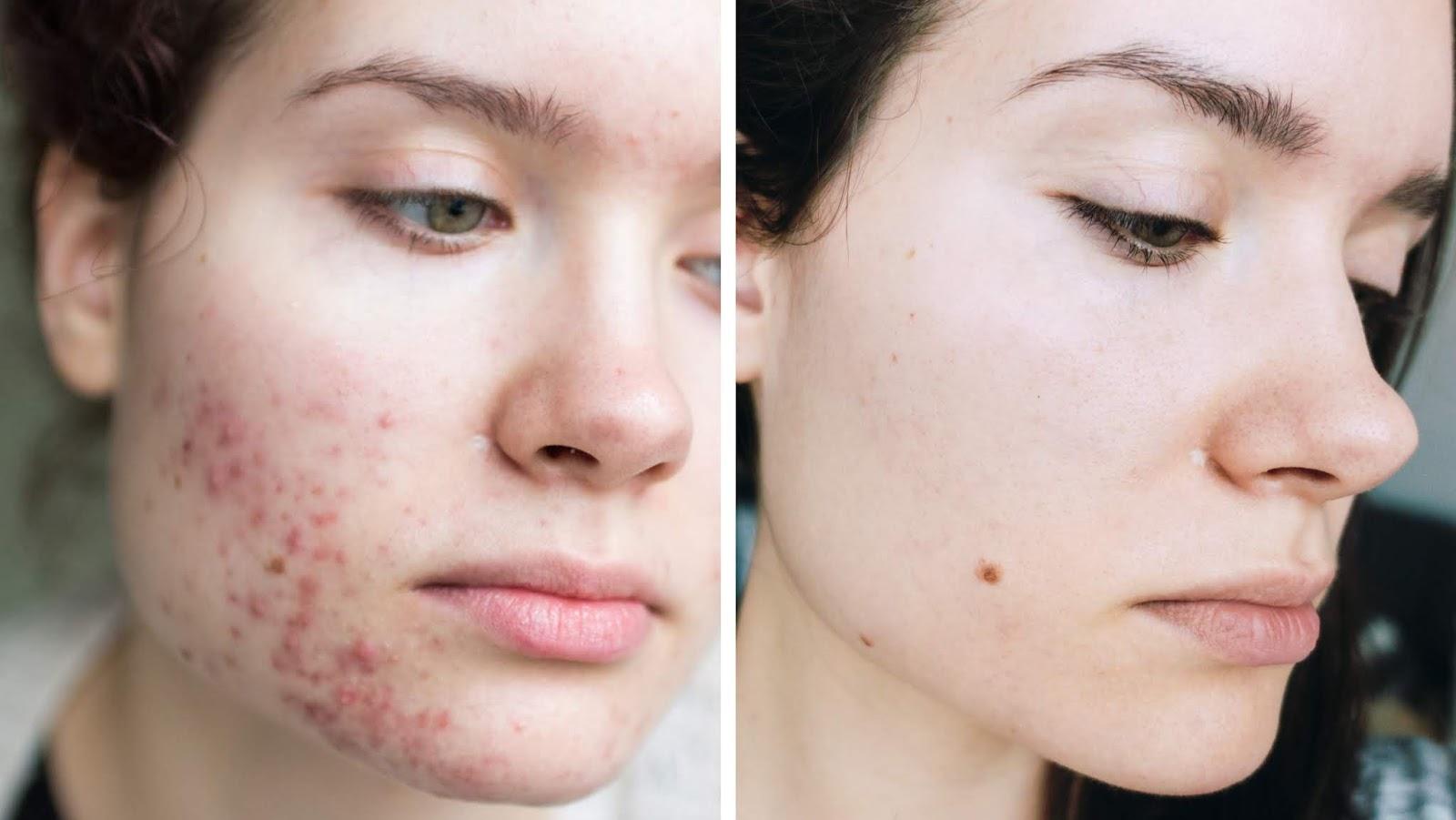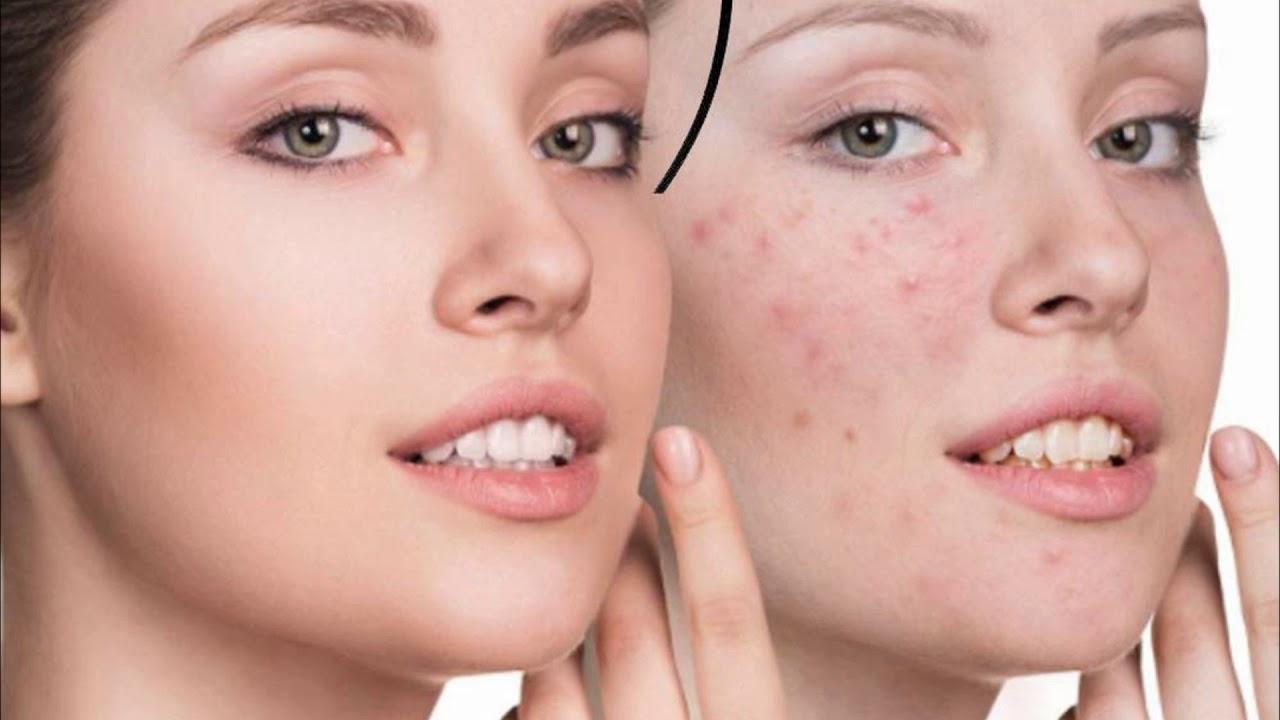Pimples may appear at the most inconvenient moments, but there are steps you can take to prevent them from developing.
To maintain healthy skin, it’s important to make sure it stays clean. A gentle face wash with salicylic acid or benzoyl peroxide can help remove oil and dead cells from the surface of your skin.
Ice
Applying an ice pack or frozen gel pack to a pimple can help reduce redness, swelling, and pain associated with it. Furthermore, it helps tighten skin pores to prevent bacteria from clogging them.
Ice should never be applied directly to the skin as it can lead to frostbite (freezing cold injury) and tissue damage. To avoid this, wrap ice cubes or frozen gel packs in a clean cloth before applying them directly onto your skin.
Apply ice in 30- to 60-second intervals, but make sure not to leave it on too long as this can cause damage to your skin.

Ice should be applied to inflamed acne on the face and chest; however, it may not be as effective for non-inflammatory acne like whiteheads and blackheads.
Warm Compress
A warm compress can help prevent pimples from forming. It has also been known to treat other conditions, such as muscle pain or joint stiffness.
To create a warm compress, soak a washcloth in the hottest water you can stand – but not so hot that it burns your skin. Gently apply the cloth onto your pimple without applying pressure, repeating this routine three to four times daily until the pimple comes to a head and drains naturally.

To reduce the risk of infection, always use a clean lint-free cloth when applying warm compresses. Rinse with warm soapy water and air dry thoroughly before using again.
Clay Mask
One of the best ways to prevent pimples from forming is using a clay mask. This absorbs oil from your skin and helps prevent mild forms of acne such as blackheads or whiteheads from forming.
Clay draws impurities away from pores while also soaking up excess sebum and dead skin cells, which can build up bacteria and inflammation. This reduces the appearance of acne, leaving your complexion looking smoother and healthier overall.
Clay masks, when worn for ten minutes each week, can help brighten your complexion by eliminating surface impurities and allowing your skin to reflect more light.

However, if your skin is especially sensitive to clay or you have an infection on the face, consult with a primary healthcare provider or dermatologist before using it. The minerals present may irritate sensitive areas of skin and worsen an already existing condition.
Avoid Popping
Popping a pimple may seem like an easy solution to get rid of blemishes, but it can actually do permanent harm to your skin. Popping pimples forces bacteria, sebum, and grime into deeper tissues which may result in inflammation, new pimples, or scarring.
For those with sensitive skin, it’s best to avoid popping pimples. Instead, use over-the-counter acne medications and seek professional pimple removal from a dermatologist or esthetician.
It’s essential to avoid entering what is commonly referred to as the “danger triangle,” (the area extending from your nose bridge to the corners of your mouth). This area has been linked with lethal infections like brain abscesses, septic emboli and septic cavernous sinus thrombosis.
Teen Vogue recommends applying a warm compress to your face before popping your pimple, as this can make the process simpler and less painful. If that doesn’t work, a mild spot treatment may help reduce redness and irritation while your skin heals.
